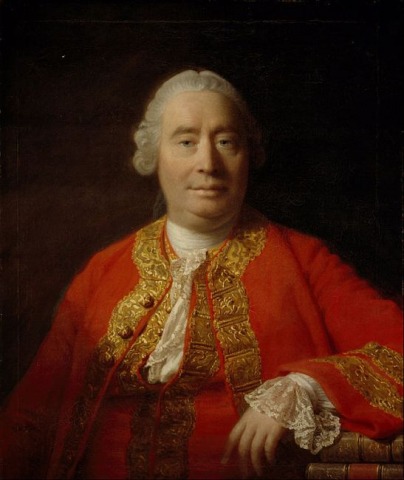
I don’t think much of David Hume’s philosophy, but he was an astute observer of government. If he was right in his famous 1742 essay “That Politics May Be Reduced to a Science,” then the prospects of applying the sort of science he had in mind to our own country should be rather dimmer now than formerly.
Hume’s argument was that in the bad old days, the study of politics could never be scientific, because too much depended on the whims and quirks of those who held unchecked power. It isn’t that one cannot form any generalizations about chaotic processes, but they are chancy. Consider the difference between the sciences of chemistry and weather. It is easy to guess that iron will rust, but no one knows for sure whether it will rain on a given future day. Old-style politics was more like weather.
However, now that we have learned to construct systems of checks and balances, he thought political events would be more routine, more subject to inertia -- therefore more susceptible to scientific generalization.
The reason I say the prospects of the sort of political science that Hume favored are growing dimmer is that although the system of checks has not collapsed, our executives are becoming more autocratic. Obama and Trump are conspicuous examples, but the trend has been a long time in the making.
Hume’s analysis does need to be updated. The sort of checks he had in mind were checks among social orders represented in the legislature. A roughly stable balance among the Lords, the Commons, and the Crown kept things from becoming too volatile. However, he left out of account a number of other things that enter into the mix. Consider the rise of willful courts and enormous, sclerotic bureaucracies. Consider the change in the practice of patronage, in which instead of bribing just individuals and small groups for political support, parties seek to bribe entire social classes at once.
Yet he was right that insofar as rule devolves to individual strong men – especially strong men of unstable character -- generalizations about what may happen become very difficult.